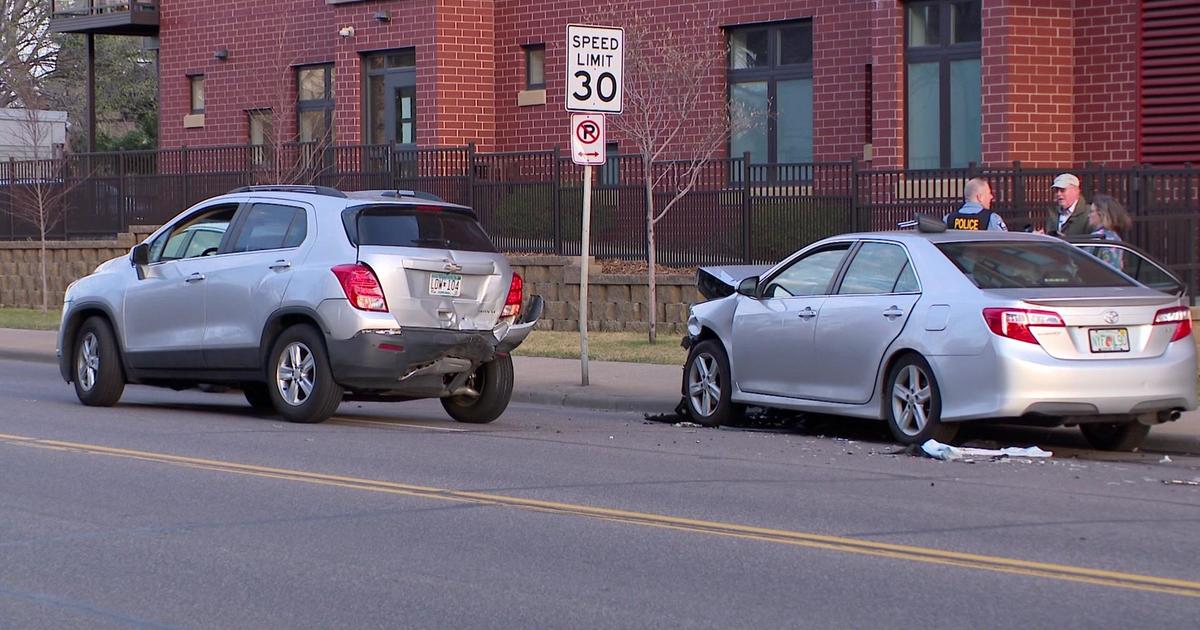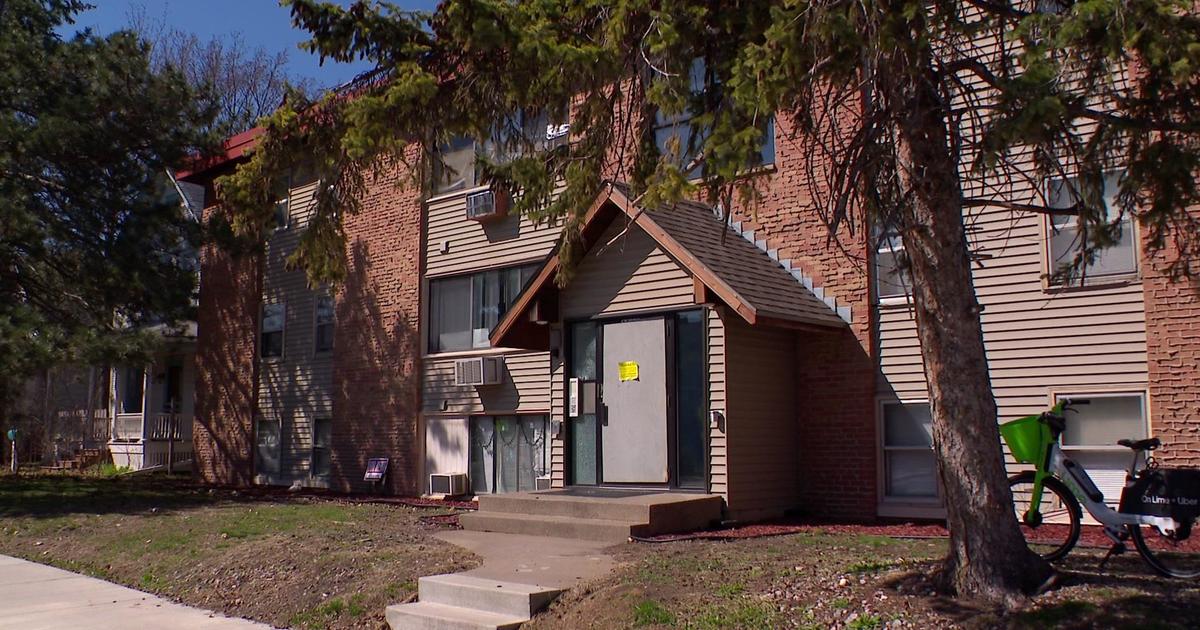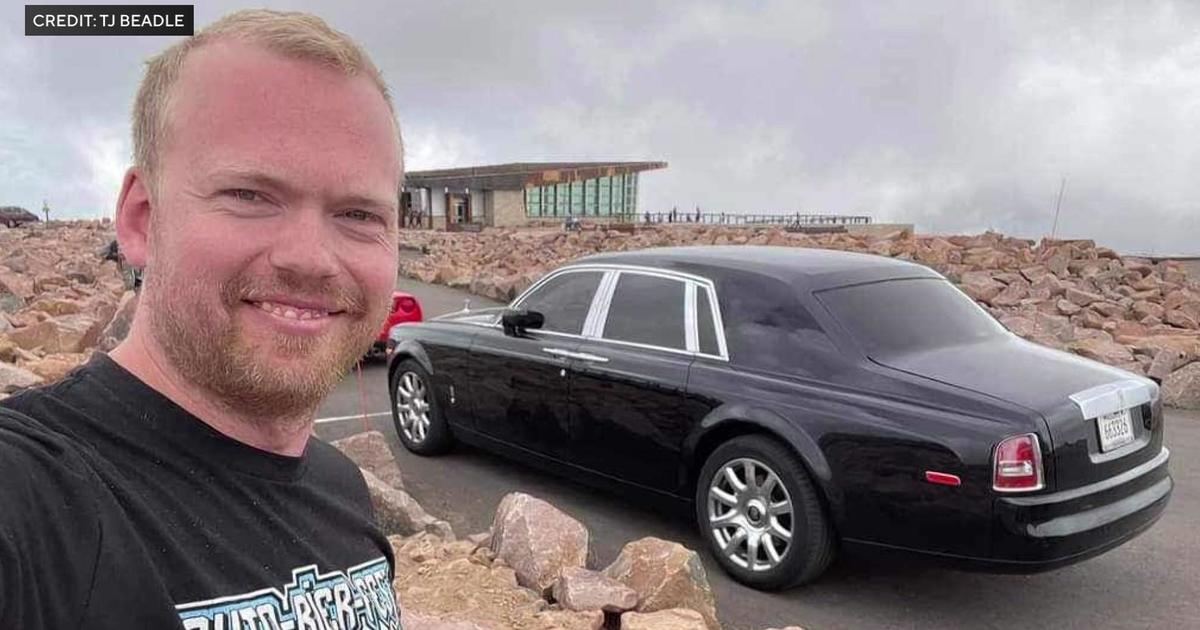Good Question: Why Not A Pope From The U.S.?
MINNEAPOLIS (WCCO) - There are more Roman Catholics in the Americas than in any other part of the world. There are about 74 million Catholics in the United States, the fourth largest Catholic population in the world. But after 265 popes - none have been from the United States, and none from North or South America.
When a U.S. Catholic is mentioned as a possibility to take over for Pope Benedict XVI, he's generally mentioned as a "long-shot." Why wouldn't there be a pope from the United States?
Don Briel, director of the Center for Catholic Studies at University of St. Thomas in St. Paul, says it may have something to do with America's image abroad.
"The dominant political power tied to the dominant religious power, there's something uneasy about that for many," Briel said.
The pope isn't just head of a religion - he's also head of state. Since the leadership of Pope John Paul II, he's been seen as an international player as well as a spiritual leader. According to Briel, some worry that a Catholic like New York's Cardinal Timothy Dolan would act as an American first, and a Catholic second.
"It would be true also I think if you had a Chinese cardinal or a Russian cardinal," said Briel.
There's also a sense by some in the group of cardinals that will select the next pope that the American Catholic Church is more rebellious or progressive. This does fly in the face of the fact that cardinals in the United States, for the most part, are theologically aligned with the current pope.
"It's a perception issue more than a substantive one," he said.
The Papal Conclave is made up of 117 cardinals who will vote to choose the next pope. Italy has the largest voting bloc with 20 Italian cardinals able to vote - 17 percent of the conclave.
But the US has the second-largest bloc of votes with 11 cardinals under age 80, the cutoff for voting.
Cardinals in Brazil, Ghana, Italy, and Canada have all been mentioned as possible contenders to be the next pope. But do these geopolitical factors matter?
"I think very little," Briel said. "It's more subtle than that."
He adds that this is not like the US presidency, where a new leader charts a new course.



